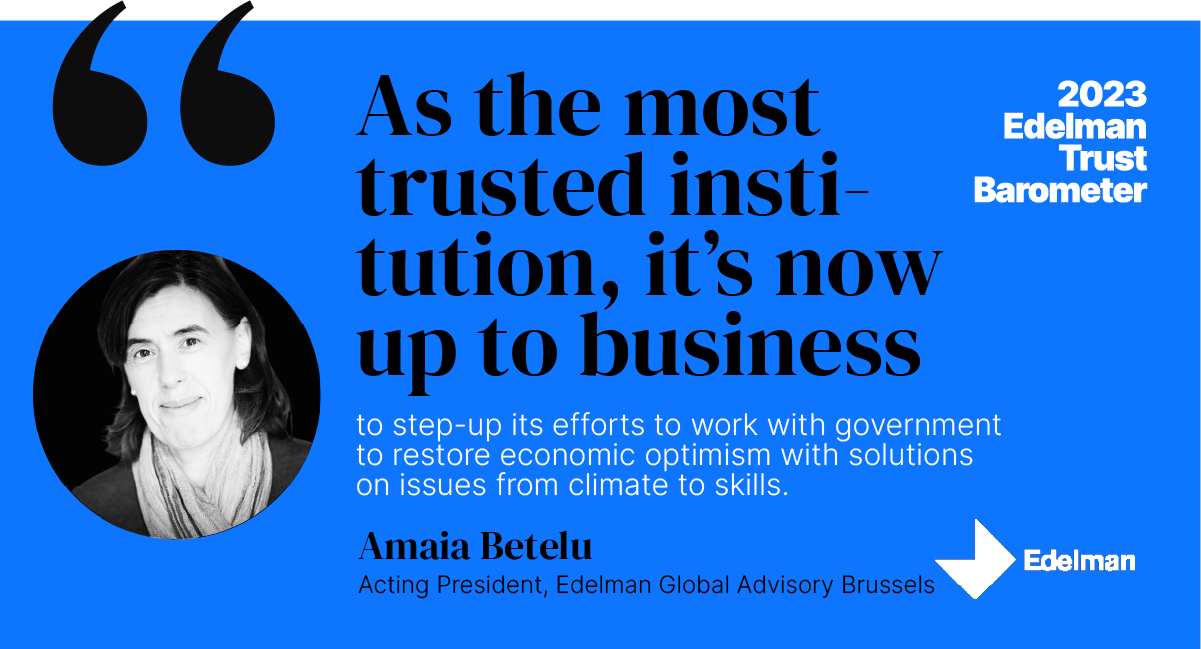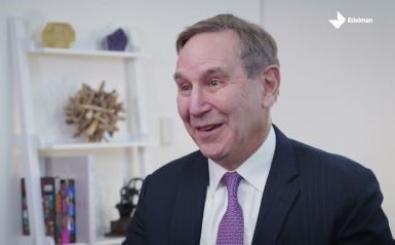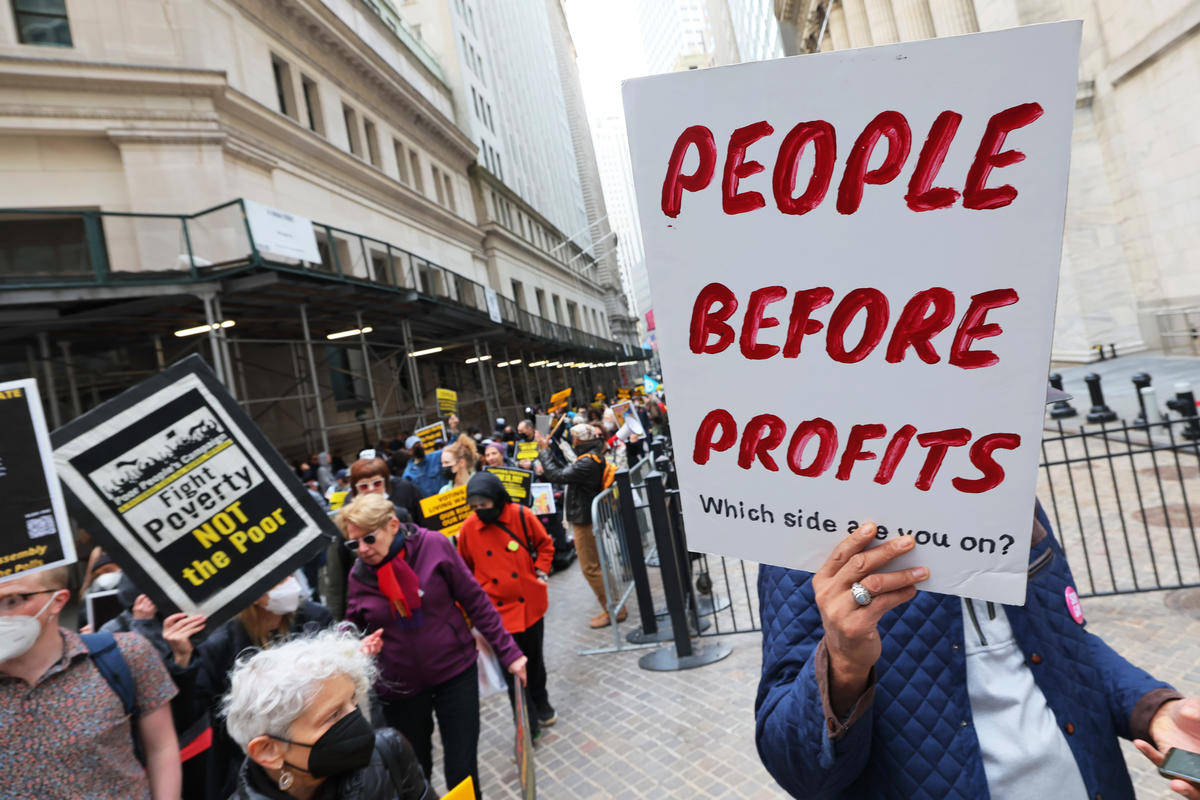A lack of faith in societal institutions triggered by economic anxiety, disinformation, mass-class divide and a failure of leadership has brought us to where we are today – deeply and dangerously polarized.
- Business is the only institution seen as competent and ethical, with 53% trusting business to do what is right, a full per cent 9 points ahead of government which sits at 44%
- 62% of European respondents say that their countries are more divided today than in the past.
- European CEOs are expected to take more action on employees, climate, and discrimination.
Trust study finds that Europeans are increasingly polarised and pessimistic about their futures.
Faced with a sequence of overlapping crises, Europeans are becoming disenfranchised, with only 20% believing that they and their families will be better off in five years. This is 9 points lower than in 2022, and 14 points lower than in 2019.
The 23rd annual trust study finds Europeans have become deeply pessimistic about their economic prospects, and don’t believe that politicians can bring change. The survey, which measures trust in government, business, the media, and NGOs, paints a bleak picture of Europe, highlighting falling trust in government and its institutions, with a majority feeling believing that the social fabric is weakening.
Overall, Edelman’s research indicates that Europe is deeply divided into many critical issues, but united in its negative economic outlook, its distrust of government, its disdain for CEOs and politicians, and its belief that business should be doing more to address key societal issues like climate change, healthcare, economic inequality, energy shortages and trustworthy information.

After a year of economic uncertainty linked to rising inflation and high energy prices linked to the Russian invasion of Ukraine, trust in Governments continues to remain low. As recently as the May 2020 Edelman Trust Barometer: Spring Update, Government was the most trusted institution when the world sought leadership capable of tackling a global pandemic. Now, after a bungled response to the pandemic and perceived inaction on economic issues, only 44% of Europeans trust government to do the right thing, a full 9 points less than business, at 53%.
A deepening sense of pessimism
When asked whether they or their family will be better off in 5 years, only 20% of Europeans agreed. The French were especially pessimistic, with only 12% believing that they will be better off, a full 6-point drop since last year’s survey. This comes despite the fact that France had some of the lowest inflation rates in the EU running at 5.9% in 2022, well below the EU average of 9.2% - indicating that the issues in France go well beyond simple cost-of-living issues.
The economic malaise is however not restricted to France, and most concerningly also affects all three of the European Union’s top economies, including Germany and Italy, where only 15% and 18% respectively think that they will be better off in five years. On the other end of the scale, 31% of the Irish think that they will be better off – a number which is nonetheless 11 points lower than this time last year. With that in mind, 84% of Europeans worry about job loss, with Italians the most concerned at 95%. A further 74% are worried about inflation, with Spanish respondents feeling the most impacted at 84%.
Personal anxieties also preoccupy Europeans to a large extent, with climate change leading the pack at 75%, just ahead of concerns over nuclear war (73%) and energy shortages (70%)
Trust in Government and politicians lags well behind trust in business
The study find that business remains more trusted than government by a good margin, with 53% of European respondents trusting business to do the right thing, as compared to only 44% for government, a full 9 points behind business. In Europe, trust in government is at its lowest in Germany where only 34% trust it, a stat which does not bode well for Europe’s largest economy. On the other end, Ireland is the most likely to trust its government, at 47%. Finally, trust in government leaders is also low across the continent, with only 35% of Europeans saying that they trust government leaders to do what is right.
Underlying this dire view of government and government leadership is the fact that a large percentage of Europeans consider that government is a key source of misleading information. In fact, more people believe that government is a source of false or misleading information (47%) than those who consider it a reliable source of trustworthy information (37%). This contrasts with business, where 41% consider it to be a trusted course of information compared to only 33% who believe it to be a source of misleading information.





